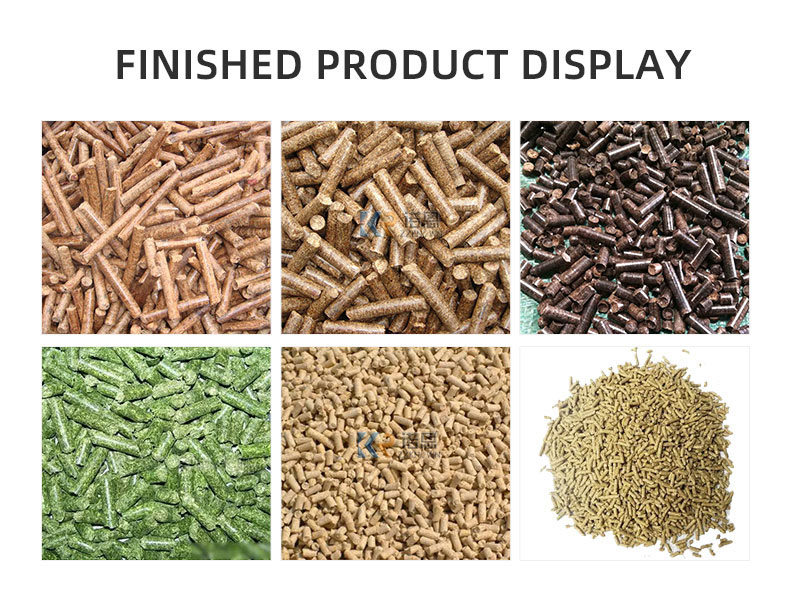Innovative Solutions for Efficient Manure Management and Sustainable Belt Cleaning Systems
Nov . 06, 2024 21:55 Back to list
Innovative Solutions for Efficient Manure Management and Sustainable Belt Cleaning Systems
The Manure Belt Cleaning System A Revolution in Livestock Waste Management
In the modern age of agriculture, one of the foremost challenges that farmers face is managing the waste produced by livestock. As the demand for animal products increases, so does the need for efficient, hygienic, and environmentally-friendly waste management systems. A remarkable solution to this problem is the Manure Belt Cleaning System, a technology that promises to revolutionize livestock waste management while improving animal health and farm efficiency.
The Manure Belt Cleaning System A Revolution in Livestock Waste Management
One of the critical advantages of the Manure Belt Cleaning System is its ability to improve hygiene in livestock housing. Bacterial infections and diseases among livestock can result in significant economic losses for farmers. Unmanaged manure can harbor pathogens that threaten the health of animals, leading to decreased productivity and increased veterinary costs. By effectively and continuously removing manure, the Manure Belt Cleaning System helps create a healthier environment for animals, promoting their overall well-being and productivity.
manure belt cleaning system

Additionally, this system offers environmental benefits. Manure is not just waste; it is a resource that can be recycled and used as fertilizer. When manure is not managed correctly, it can lead to water pollution through runoff, contributing to problems such as algal blooms in nearby waterways. By ensuring quick and efficient removal and management of manure, the system aids in minimizing the potential for environmental contamination. Furthermore, some advanced models of the system incorporate mechanisms to separate solids from liquids, allowing for better utilization of manure as a nutrient-rich fertilizer.
The economic implications of adopting a Manure Belt Cleaning System are also notable. While the initial investment may be higher than conventional waste management methods, the long-term savings in labor costs, veterinary expenses, and potential environmental fines can make it a financially sound choice. Automated cleaning reduces the need for manual labor, allowing farmers to allocate their workforce to other critical areas of the farm. Moreover, healthier livestock leads to better production rates, enhancing overall farm profitability.
Implementing a Manure Belt Cleaning System requires careful consideration, including the design and layout of the housing facility. Each farm is unique, and farmers must ensure that the system they choose fits their specific needs and operational scale. Partnering with experienced manufacturers and consultants can provide valuable insights into the best strategies for implementation.
In conclusion, the Manure Belt Cleaning System represents a significant advancement in agricultural technology, offering a comprehensive solution to livestock waste management. By enhancing hygiene, supporting animal health, promoting environmental sustainability, and providing economic advantages, this innovative system stands to benefit farmers and the agriculture industry as a whole. As we continue to seek more efficient and responsible ways to produce food, technologies like the Manure Belt Cleaning System will play a pivotal role in shaping the future of farming. Embracing these advancements is not only wise for the livelihood of farmers but also essential for the welfare of livestock and the environment we share.
-
Hot Sale 24 & 18 Door Rabbit Cages - Premium Breeding Solutions
NewsJul.25,2025
-
Automatic Feeding Line System Pan Feeder Nipple Drinker - Anping County Yize Metal Products Co., Ltd.
NewsJul.21,2025
-
Automatic Feeding Line System Pan Feeder Nipple Drinker - Anping County Yize Metal Products Co., Ltd.
NewsJul.21,2025
-
Automatic Feeding Line System - Anping Yize | Precision & Nipple
NewsJul.21,2025
-
Automatic Feeding Line System - Anping Yize | Precision & Nipple
NewsJul.21,2025
-
Automatic Feeding Line System-Anping County Yize Metal Products Co., Ltd.|Efficient Feed Distribution&Customized Animal Farming Solutions
NewsJul.21,2025






